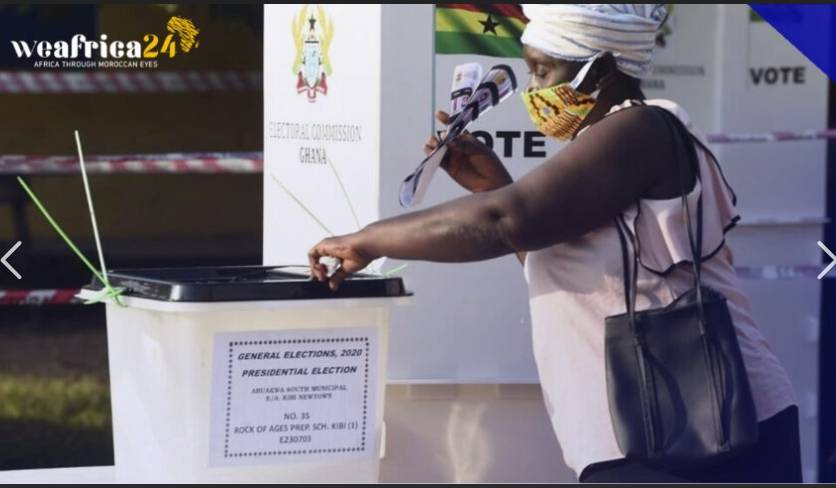As Ghana prepares for its highly anticipated 2024 presidential elections, the political landscape is abuzz with activity. Key stakeholders, including the Electoral Commission (EC), political parties, and international observers, are making significant strides to ensure a transparent, credible, and peaceful electoral process.
Electoral Commission Addresses Concerns
Recent rumors suggesting that the presidential elections might be conducted on different days across the country have been categorically refuted by the Electoral Commission. The EC reaffirmed its commitment to uphold fairness and consistency, emphasizing that all Ghanaians would vote simultaneously on the scheduled election day. This clarification has been critical in dispelling misinformation and maintaining public trust in the electoral process.
Political Parties in High Gear
Ghana’s major political parties, the New Patriotic Party (NPP) and the National Democratic Congress (NDC), are ramping up their campaigns to secure voter confidence. Former President John Mahama, representing the NDC, is set to embark on a three-day tour of the Western Region, focusing on grassroots engagement and policy discussions. Meanwhile, the NPP is doubling down on its message of economic recovery and development, with party leaders urging citizens to “break the eightâ€â€”a reference to their goal of winning a third consecutive term.
International Observers on Alert
In preparation for the elections, the Economic Community of West African States (ECOWAS) has deployed an observer mission to Ghana. This initiative aims to monitor electoral activities, assess compliance with democratic principles, and provide recommendations to enhance transparency. The ECOWAS team’s presence underscores the importance of Ghana’s elections not only to the nation but also to the stability of the West African region.
Security Measures and Challenges
The Ghana Police Service has also taken proactive measures to ensure a safe electoral environment. A bounty of GH₵20,000 has been announced for information leading to the arrest of individuals threatening electoral violence. This action aligns with broader efforts to mitigate risks and foster a peaceful atmosphere as election day approaches.
Voter Apathy a Growing Concern
Despite these robust preparations, voter apathy has emerged as a significant concern. Reports indicate a growing disinterest among the electorate, potentially fueled by economic challenges and disillusionment with political promises. Civic education campaigns, spearheaded by organizations like the National Commission for Civic Education (NCCE), are working to address this issue by emphasizing the importance of voter participation in shaping the nation’s future.
A Defining Moment for Ghana’s Democracy
As the countdown to the 2024 elections continues, Ghana stands at a pivotal juncture. The actions of the EC, political parties, and civil society will play a crucial role in reinforcing the country’s reputation as a beacon of democracy in Africa. With a robust framework in place, the nation hopes to deliver an electoral process that is free, fair, and reflective of the will of the people.



No comments yet
Be the first to share your thoughts!